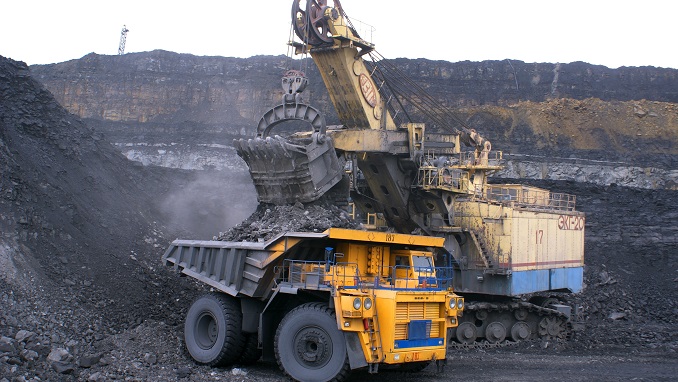Major mining companies pay dividends instead of funding new projects that would speed up the green transition.
Despite the rise in the cost of metals, mining companies are in no hurry to spend money. Limited spending could contribute to supply disruptions and to widen shortages of raw materials such as copper and zinc, which are critical to moving away from fossil fuels.
According to data compiled by Bank of America Corp, project spending by 10 major mining companies, including Rio Tinto, BHP Group, and Glencore, will remain around $40 billion this year. As a result, capital expenditures will be well below the 2012 peak of about $80 billion.
As in the oil industry, mining companies have come under pressure from investors to prioritize dividends and share buybacks over cost increases. Spending has also come down amid recent efforts to limit the sector’s environmental damage.
Limited costs have pushed up prices for copper and iron ore, the main component of steel. Both materials have risen in price by more than 40% over the past two years, pushing spending on solar panels, wind turbines, and batteries. This trend threatens to thwart the renewable energy transition boosting demand for these metals.
Manufacturers are taking steps to increase the supply of some materials, such as lithium and cobalt, critical components for batteries, but they are not enough to fill the expected shortage.
Despite big profits, many mining executives are wary of rising fuel and equipment costs, higher interest rates, and mining problems in developing countries looking to boost the industry’s revenue share.
Most of Freeport’s spending comes from its copper and gold mine in Indonesia, but the company recently forecast a reduction in capital expenditures in 2023. Freeport recently launched a more active share repurchase and dividend program.

